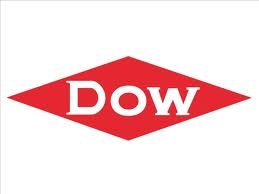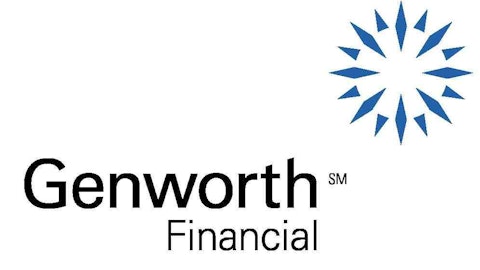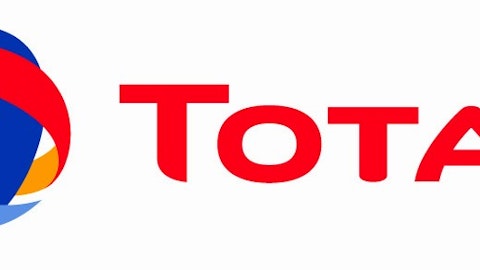It’s not that U.S. chemical companies are against liquefied natural gas (LNG) exports. It’s just that it is really hard for them to pretend not to be against them.
The largest U.S. chemical companies have issued statements that they want to see a “balanced approach” to exports- which is a polite way to say they don’t mind the exports, as long as exports don’t raise the price of LNG domestically. Plain and simple, the chemical companies can’t argue with the fact that LNG exports will be good for the U.S. economy, but really don’t want the price of natural gas to increase. Can you blame them? The current low price of natural gas is really helping them out!
The Dow Chemical Company supports today’s decision by the Department of Energy (DOE). It is a prudent step in pursuit of a measured and balanced approach to liquefied natural gas (LNG) exports that will benefit producers and consumers, such as manufacturers, utilities, homeowners and the American public… The DOE appropriately executed a public interest determination as obligated under the law. As the DOE considers remaining requests, it is important we create an environment that fosters production and smart regulation. Dow will adopt a wait and see approach regarding further approvals…
In other words, “We get it, exporting LNG would make everyone but us a lot of money. But please don’t hurt us.”
Chemical companies use natural gas to make plastic and polymers. The cheaper the natural gas, the wider the profit margins for the chemical companies. In Europe, petro-chemical plants use crude oil to derive ethylene, a major component in plastics. This method costs about $0.50 per pound of ethylene. In the U.S. where natural gas is used instead of crude oil, it costs between $0.12-$0.15. For every dollar the price of natural gas increases, American chemical companies lose $0.07-$0.08.
The proof is in the (petrochemical) pudding
The Dow Chemical Company (NYSE:DOW) reported first quarter 2013 sales of $14.4 billion, down 2% versus the same quarter last year. Excluding special items, earnings were $819 million, or 69 cents per share, up from $714 million, or 61 cents per share last year, beating analysts’ expectations. EBITDA was $2.3 billion, up nearly 10 percent versus the prior year. EBITDA rose in most operating segments, led by increases in Performance Plastics–the very division the benefits most from low natural gas prices.
In the most recent quarter, Huntsman Corporation (NYSE:HUN) brought in revenue of $2.70 billion, a hair under analysts expectations of $2.71 billion. GAAP reported sales were 7.2% lower than the prior-year quarter’s $2.91 billion. A look at the past four years of earning statements shows that the company has been on a roller coaster ride, but has definitely profited in the past two years. Net income in 2009 was $114 million, in 2010 it was $27 million, in 2011 it was $247 million, and in 2012 it was $363 million.
The Performance Products division saw a decrease in revenue in the first quarter compared to the year previous. Sales volumes decreased by 18% as a result of scheduled maintenance in the first quarter of 2013. Excluding the impact of this scheduled maintenance, sales volumes would have increased by approximately 2%.
Forgetting the scheduled maintenance at Huntsman Corporation (NYSE:HUN), both companies showed increases in their plastics divisions. The lowered price of natural gas adds to these numbers considerably. It is no wonder that the companies oppose exports, which may raise the price of natural gas at home.






